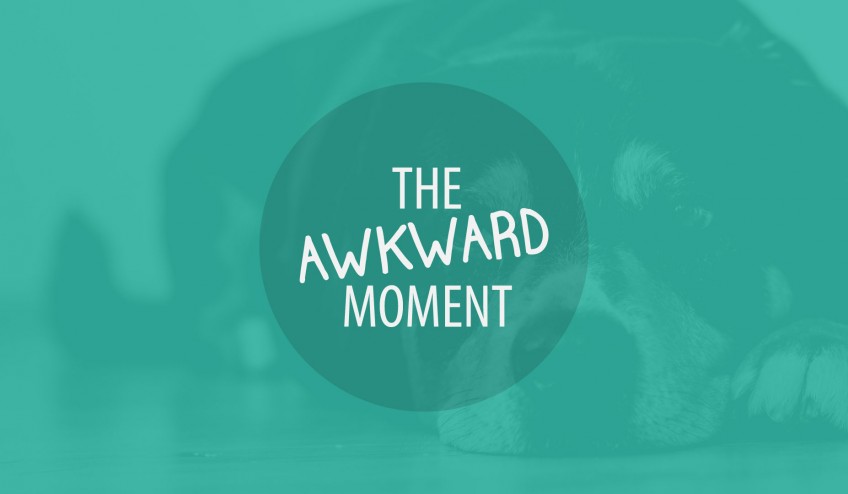I need a lie-in, a break, I need to go easy on myself. It doesn’t make any difference anyway. Why bother?
The truth is, we all get doses of apathy. It’s a heavy, anemic, blobby monster sitting on our heads, as if the afternoon slump has taken hold of our spiritual life. We may not particularly want to, but when we look around or peer into our past, we think, I’m just not that fired up about this as I used to be. Our bible lies limp in our hand as we snooze on the couch, SpiritFm starts to annoy us and we flick the station, we don’t really see God working in our daily lives, we haven’t prayed since… em, whenever the last time was we prayed.
There are many explanations for apathy in Christians. Some say it’s a consequence of unresolved sin in our lives, a separation that blocks us from receiving God’s grace. Some say it’s a result of laziness, or to use the great biblical word, sloth (sounds tasty!). Others go further and say spiritual apathy is most often evident today in busyness. We simply don’t have time to pay attention to God.
I’m not going to pretend I know the reason or the solution to the complexity of the monster, but something I learnt last week while in Taizé helped to shed light. I was at a workshop in which the lady got 4 people up to do a ‘visual judgement’ experiment. The volunteers had to look at a screen with 4 straight lines of different length. One line was the standard line, off to the left-hand side, and the others were marked “A”, “B” and “C”. The volunteers had to identify which of the lines matched the length of the standard line.
It was pretty easy. For the first 3 screens, they all answered correctly. Then on the fourth round, the first 3 volunteers answered “A” and the last girl answered “C”. She alone was correct. But what she didn’t know was that the other volunteers were actors and were asked to say the wrong answer. The experiment was testing whether she would conform to the crowd or stick to what she knows is right.
This was based on an experiment conducted by Solomon Asch in the 1950s. He found that only about a third of people resisted conforming to the crowd and go with the answer they know is right. In other words, 75% of participants gave at least one incorrect answer, even though they know an alternative to be correct. There were 2 interesting things that came out of the experiment; if the individuals wrote their answers down before they had to say them out loud, 100% stayed true to their original conviction, and if there is one other person saying the right answer, even if 50 others say the wrong answer, 100% of participants stuck to their original answer. There are therefore 2 lessons we can learn; engage yourself with seeking what is true – and write it in your mind before you go facing the apathetic days of “its doesn’t really matter”, and if you do stand up for your conviction, you may be actually giving somebody else the tools necessary to throw off the monster of apathy. Isn’t it evident in the lives of Mother Teresa, William Wilberforce, Nelson Mandela? They knew what was right, wrote it in their conscience, rejected the popular thought and simultaneously empowered millions of others.
Apathy has a tendency to suck us into the grey of conformity instead of recognizing our convictions. We are not called to conform. Seek the truth.


